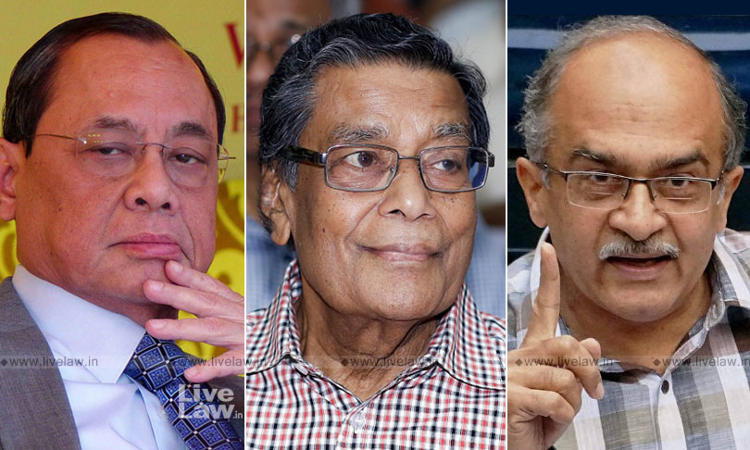Attorney General K. K. Venugopal on Wednesday sought to defend the Electoral Bonds as a means of donations to political parties, advancing that they serve in eradicating black money from political funding, and to prevent the donors from being victimized. "The argument so far has been that the scheme and the series of amendments (in the Income Tax, the Representation of People and the...

